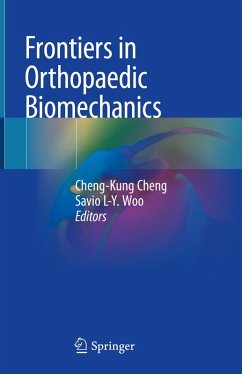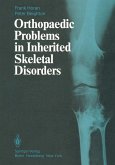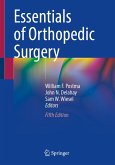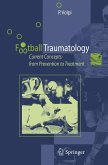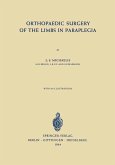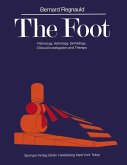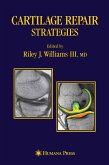The first 12 chapters of the book provide a detailed review of the principles of orthopaedic biomechanics in the musculoskeletal system, including cartilage, bone, muscles and tendon, ligament, and multiple joints. Each chapter also covers important biomechanical concepts relevant to surgical and clinical practice. The remaining chapters examines clinically relevant trauma and injury challenges in the field, including diagnostic techniques such as movement analysis and rehabilitation intervention. Lastly it describes advanced considerations and approaches for fracture fixation, implant design, and biomaterials.
Dieser Download kann aus rechtlichen Gründen nur mit Rechnungsadresse in A, B, BG, CY, CZ, D, DK, EW, E, FIN, F, GR, HR, H, IRL, I, LT, L, LR, M, NL, PL, P, R, S, SLO, SK ausgeliefert werden.

